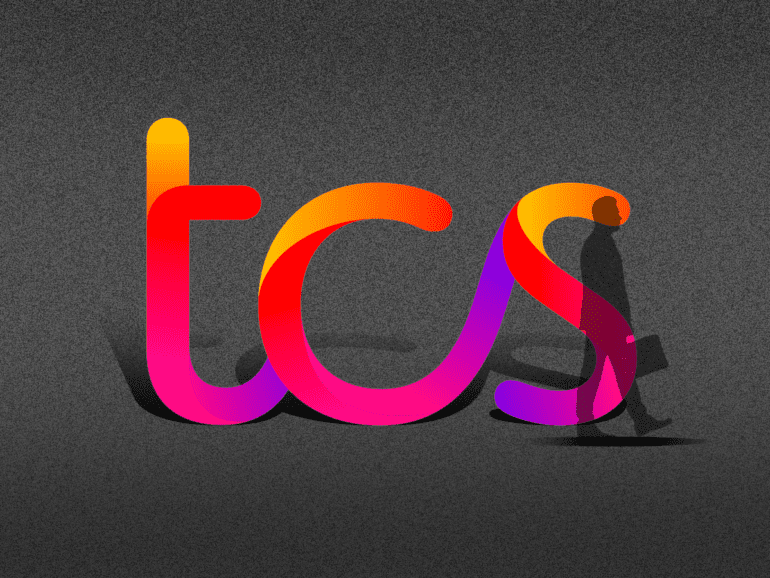TL;DR:
- TCS is partnering with Microsoft to develop AI-based software services.
- The collaboration with Azure OpenAI and GitHub Copilot aims to offer solutions like fraud detection and personalized customer services.
- TCS seeks to improve profit margins with these services, expecting results in a couple of quarters.
- They are integrating AI technology into their software offerings with over 100,000 AI-ready employees.
- CEO Krithivasan has revamped the company’s structure to enhance business expertise and client connections.
- Indian IT firms are turning to AI and other emerging technologies to counter margin challenges in the traditional outsourcing business.
Main AI News:
Tata Consultancy Services Ltd (TCS), Asia’s premier outsourcing powerhouse, is harnessing the power of its partnership with tech giant Microsoft Corp to pioneer cutting-edge artificial intelligence-driven software services for its discerning clientele. The objective? To drive higher profit margins and propel their growth trajectory.
This formidable synergy extends TCS’s engagement with Azure OpenAI, the dynamic amalgamation of Microsoft and OpenAI under the leadership of Sam Altman. Furthermore, TCS is making strategic use of cloud-based AI marvel, GitHub Copilot, to offer an array of solutions. These encompass everything from fortifying financial institutions with fraud detection capabilities to providing personalized customer service solutions to the retail sector.
TCS envisions that the services spawned from this collaborative venture could be the catalyst for enhancing its profit margins. CEO K Krithivasan, in an exclusive interview with Bloomberg News, emphasized the significance of their collaboration with Microsoft: “We collaborate closely with Microsoft to craft industry-specific solutions that we can jointly bring to market.”
However, Krithivasan pragmatically acknowledged the timeline for achieving substantial impact, stating, “The only question is when it will reach a critical mass that can significantly influence our overall market. We anticipate that it will take at least a couple of quarters before it attains a substantial scale.”
With over 100,000 AI-ready employees at their disposal, TCS is diligently integrating this transformative technology into a multitude of its software offerings. This strategic maneuver is proving to be instrumental in clinching substantial deals and staying ahead of the curve.
Krithivasan, who assumed the role of CEO in June, has initiated an overhaul of the company’s organizational structure. The objective is to tap into the extensive business acumen of senior executives and enhance client engagement. “We need to evaluate whether it can sustain growth over an extended period and alleviate any operational friction,” he remarked.
TCS, along with smaller competitors like Infosys, initially rode the wave of the dot-com boom in the late 1990s, offering cost-effective back-office solutions to global enterprises. Today, they stand as prominent IT service providers to some of the world’s most renowned companies, including Apple Inc., Merck & Co. Inc., Vodafone Group Plc, and PepsiCo Inc., contributing significantly to India’s thriving $245 billion-plus software services sector.
As the conventional outsourcing sector grapples with shrinking profit margins, owing to concerns of a global economic downturn and geopolitical instability, Indian IT firms are placing their bets on emerging technologies such as big data, machine learning, analytics, cloud computing, and artificial intelligence. These innovations are pivotal in facilitating the transformation of legacy businesses and countering the challenge posed by agile startups.
Krithivasan eloquently summarized TCS’s vision, saying, “Our aspiration is to be at the forefront of where our customers are investing for the future. We will continue to enhance our capabilities to ensure that we remain key players in this transformative journey.“
Conclusion:
The strategic partnership between TCS and Microsoft signifies a pivotal move to fortify profit margins and competitiveness. By harnessing the power of AI and reshaping its organizational structure, TCS aims to remain at the forefront of technological advancements. This approach aligns with broader industry trends, as Indian IT firms pivot towards emerging technologies to navigate the evolving market landscape and secure their positions in the future.

